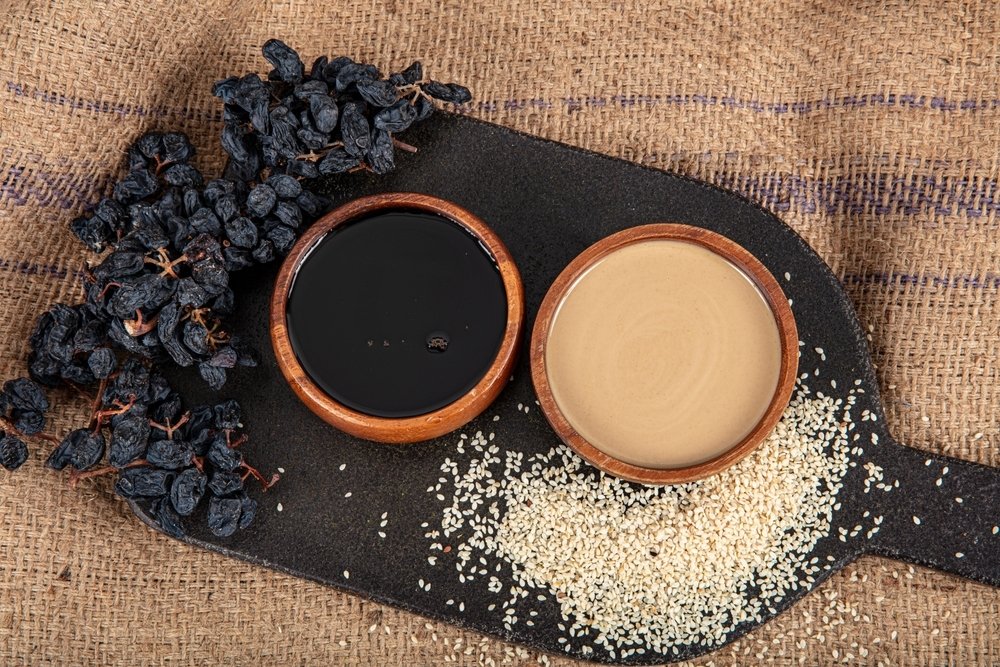As Türkiye enters the winter season, its culinary practices adapt to the colder climate with dishes designed to provide comfort, warmth, and nutrition. Two key staples of the Turkish winter diet are tahini and molasses (pekmez). These ingredients have been integral to Turkish cuisine for centuries, valued for their nutritional benefits and versatility.
Tahini: A Nutritional Powerhouse
Tahini is a paste made from ground sesame seeds, widely recognised for its high nutritional value. It is rich in healthy fats, protein, calcium, magnesium, and B vitamins, making it a concentrated source of essential nutrients. Sesame seeds, the base of tahini, are known for their dense nutritional profile, which becomes even more potent when processed into this paste.
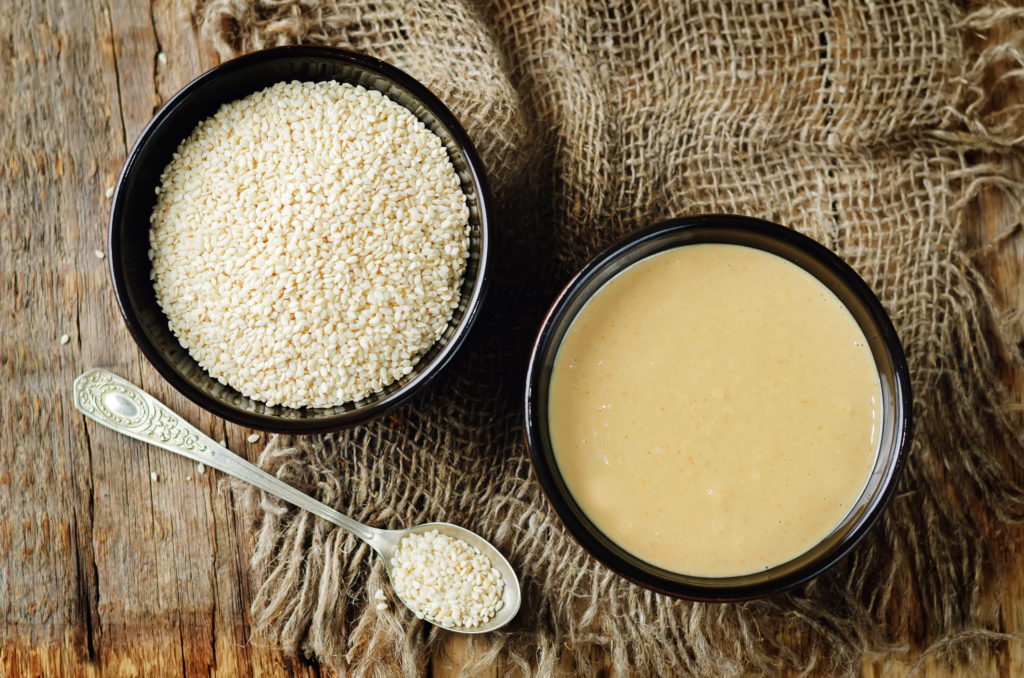
In winter, tahini is a common feature in Turkish households due to its ability to provide energy and sustain body warmth. Its high fat content helps combat the cold, while its versatility allows it to be incorporated into a variety of meals, including spreads, sauces, and desserts.
Molasses: A Source of Sweetness and Nutrition
Molasses, known as pekmez in Turkish, is a natural sweetener produced by boiling fruit juices, typically from grapes, mulberries, or carob. It is rich in iron, calcium, and antioxidants, making it a traditional remedy for conditions such as anaemia and fatigue. Molasses also provides a quick energy boost, which is particularly beneficial during the winter months.
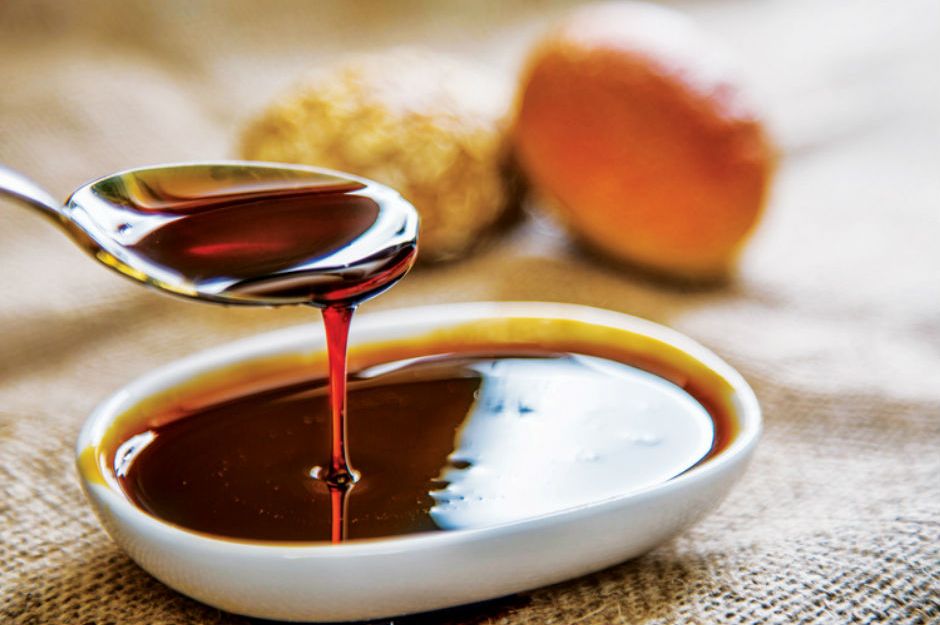
Its robust flavour and syrupy consistency make molasses a popular ingredient in both sweet and savoury recipes, adding depth and richness to dishes.
Tahini and Molasses: A Classic Combination
The pairing of tahini and molasses, known as tahini-pekmez, is a traditional Turkish winter staple. Often served as part of breakfast, these ingredients are typically presented in separate bowls, allowing individuals to mix them to taste before spreading the mixture on bread. The combination offers a balance of the nutty, slightly bitter flavour of tahini with the sweet, rich taste of molasses.
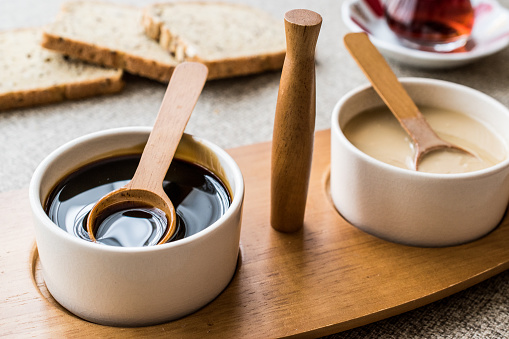
Beyond its flavour, tahini-pekmez is a concentrated source of energy, healthy fats, and essential minerals, making it ideal for the colder months when the body requires additional sustenance.
Culinary Uses of Tahini and Molasses
While tahini-pekmez is a popular breakfast item, tahini and molasses are versatile ingredients that can be used in various recipes:
Tahini-Molasses Cake: A nutrient-rich dessert combining the two ingredients for a moist and flavourful cake.
Molasses-Glazed Vegetables: Root vegetables roasted with a light molasses glaze to enhance their natural sweetness.
Tahini Soup: A creamy, warming soup made with tahini, garlic, lemon juice, and spices, often served with bread.
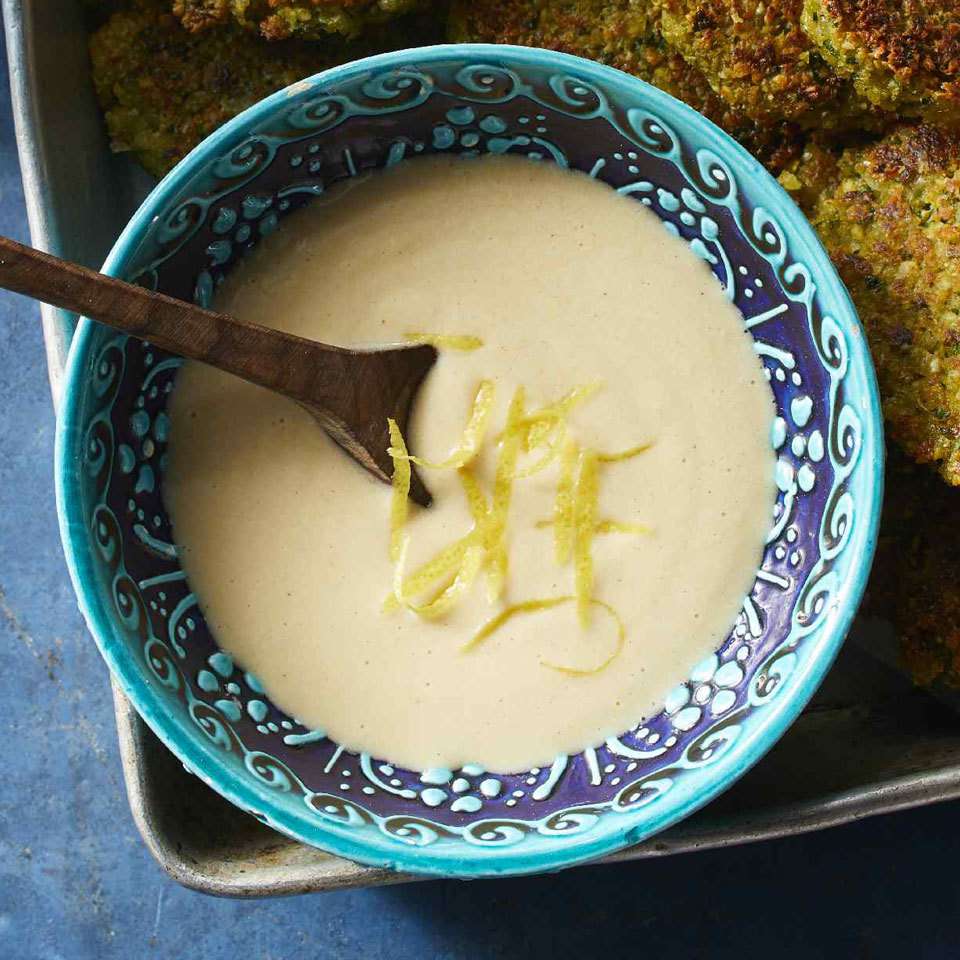
Molasses Energy Balls: Bite-sized snacks made with molasses, nuts, oats, and dried fruit for a quick energy boost.
Tahini Salad Dressing: A creamy dressing made from tahini, lemon juice, garlic, and olive oil, ideal for winter salads.
Cultural Significance
Tahini and molasses are more than ingredients in Türkiye; they are deeply rooted in the country’s culinary culture. Their use in traditional dishes reflects a heritage that values both nutrition and flavour. The act of preparing and eating tahini-pekmez often evokes memories of family meals and childhood winters.
In recent years, these ingredients have also gained prominence in contemporary Turkish cuisine, with chefs and home cooks incorporating them into innovative dishes. This trend highlights the adaptability of Turkish culinary traditions, which continue to evolve while maintaining a strong connection to the past.
Tahini and molasses play a vital role in Türkiye’s winter cuisine, providing both sustenance and comfort. Their nutritional benefits, versatility, and cultural significance ensure their continued prominence in Turkish households. Whether enjoyed in traditional preparations or modern interpretations, these ingredients exemplify the balance of practicality and flavour that defines Turkish cooking.
Source: Daily Sabah

